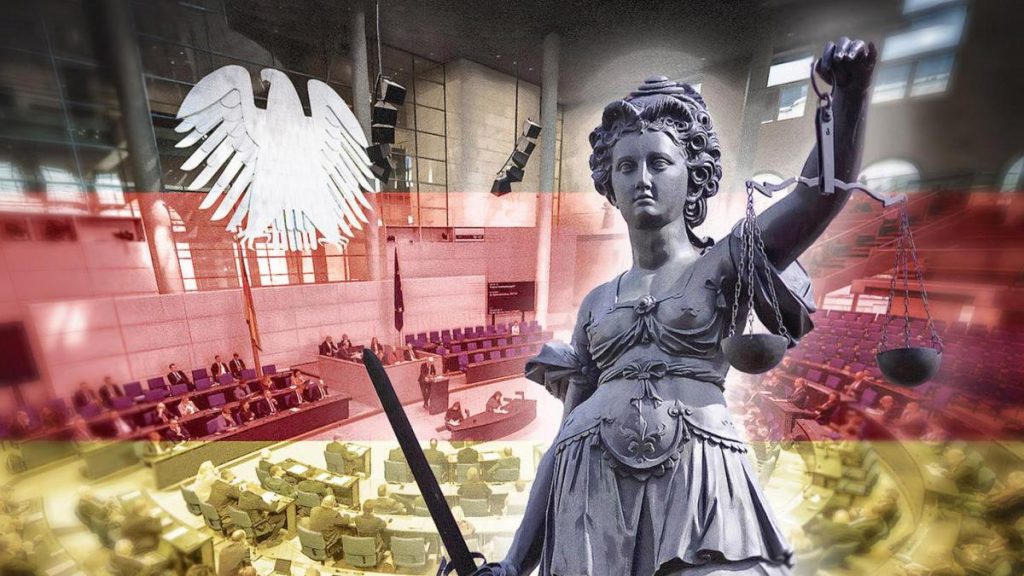Both sides appealed to the Federal Constitutional Court: CDU leader Friedrich Merz urged the court to reject the new traffic light electoral law, stating that it had no “pacifying function.” However, the government’s representative, Sophie Schönberger, argued that they now have the most equal electoral law they have ever had. The outcome of the court’s decision on the traffic light electoral law is still uncertain, with the judgment expected in a few weeks. During the oral hearing on Wednesday, the court had many questions for the representatives of the traffic light coalition.
The new electoral law has the potential to significantly impact the composition of the Bundestag, with drastic consequences for two opposition parties, the CSU and the Left. The traffic light coalition implemented changes in March 2023, altering the number of Bundestag members and removing overhang and compensatory mandates, as well as the basic mandate clause. This has led to a reduction in the size of the Bundestag and poses a threat to the representation of the CSU and the Left. These parties have challenged the law along with others, highlighting the potential risk of their disappearance from the Bundestag.
The representatives of the traffic light coalition argued that the changes were necessary to reduce the size of the Bundestag and eliminate privileges that certain parties, such as the CSU and the Left, had enjoyed in the past. They emphasized that the new law ensures equal representation for all parties based on their second vote results. However, critics argue that the removal of the basic mandate clause may not be justified, as it weakens the representation of political programs like that of the CSU. The court raised concerns about the potential impact of the reform on established parties and the stability of the party system.
The debate in court also touched on the five percent threshold for entry into the Bundestag, which has been in place since the 1950s. The removal of the basic mandate clause has raised questions about the constitutionality of the threshold, as it now has a more significant impact on smaller parties. Some experts argued for a reevaluation of the threshold, indicating that it may no longer serve its intended purpose of ensuring the functionality of parliament. The potential consequences of maintaining the threshold were also discussed, including the risk of a party like the AfD gaining disproportionate influence.
While some argued for the retention of the five percent threshold as a stabilizing factor in the party system, others raised concerns about its potential to undermine democratic representation and parliamentary functionality. The debate in court highlighted the complex challenges posed by the new electoral law and underscored the importance of striking a balance between electoral fairness, representation, and stability in the German political system. The ultimate decision of the Federal Constitutional Court will have far-reaching implications for the future of the Bundestag and the German party system.


